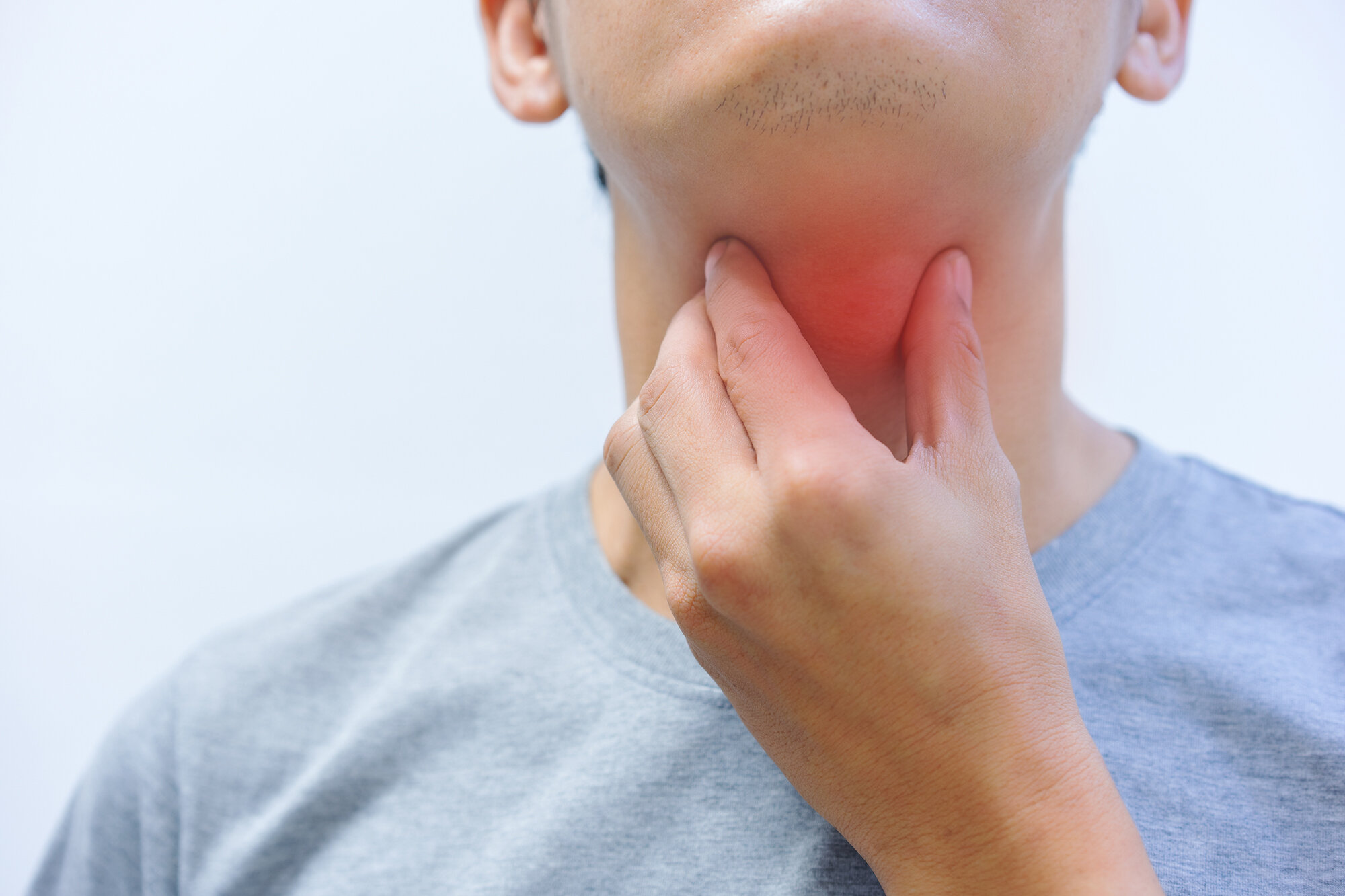Are you experiencing a sore throat after a tooth extraction? At Oral Surgery Specialists of Atlanta, we understand. While unfortunately painful and uncomfortable, this is completely normal and there is no need for alarm.
Sore throats are typical after oral procedures and extractions because of the proximity of the throat muscles to the extraction site. They are especially prevalent after wisdom tooth removal. But never fear! Your throat will be back to normal in no time (typically 2-3 days).
There are some preventative steps that patients can take to hopefully decrease post-surgery sore throat. This simply includes oral care such as brushing, flossing, and using mouthwash daily. Avoiding smoking can also reduce the chance of a sore throat after a dental visit.
So, while this is normal, it's still not comfortable. Until it subsides, let’s take a look at specifically why these muscles get so angry after a tooth extraction and some practical ways to ease this pesky side effects.
Salt water to heal a sore throat
Gargling salt water is a remedy for most any mouth pain. It contains natural healing properties that soothes pain and reduces inflammation. It also tends to speed up the healing process and remove bacteria.
Dentists and doctors recommend rinsing the mouth with ½ teaspoon of salt mixed into a cup of warm water. Because salt water is all natural, this method can be applied as many times as needed.
However, when spitting out the water, be careful not to apply too much force. This can create dry sockets in the mouth and lead to further issues. Be gentle as you rinse and spit.
A cold compress or cold treats
A sore throat after oral surgery is typically due to swelling. In order to decrease swelling, a cold compress or ice pack can be applied to the throat. 20 minutes on and then 20 minutes off until the swelling goes down is recommended.
Popsicles, ice cream, or other cold treats can also ease the pain internally and add a little sweetness to the recovery process.
Drink hot tea and lots of liquids to soothe a sore throat
Teas such as chamomile or peppermint can greatly sooth a sore throat. Being careful not to make the tea harmfully hot. This can be a quick and simple remedy. Water and other gentle, non-citrus fluids are helpful to keep the throat hydrated and flush out bacteria.
Lemon and honey
Both lemon and honey also have natural soothing properties that can ease a sore throat. While these are both very helpful to healing the side effects of a mouth surgery, overuse could cause problems on the surgery site. As always, it is important to monitor and use moderation when using these ingredients.
Eat soft foods
Try to eat at typical meal times, but choose soft foods that will go down easily and won’t get stuck in your throat or hurt the healing wound. Foods like yogurt, soup, and ice cream can benefit and even help soothe a sore throat.
While it is normal to have a sore throat for a few days after a tooth extraction, it could be cause for concern if the pain and soreness persists more than a week or if it hinders your ability to speak.
At this point, you should contact our dentists here at Oral Surgery Specialists of Atlanta. We don’t want pain to get to the point of becoming a problem. While long-term issues are very rare, and sore throats after surgery can end up being completely unrelated anyway, this pain is not something that should be ignored just in case.
Call our office with any questions or concerns you may have. In this case, better safe than sorry!
Your throat should be ready for talking and your mouth should be ready for eating again a few days after your tooth extraction. In the meantime, enjoy as much ice cream and popsicles as possible and enjoy your rest. You deserve it!
[Note: for detailed pre- and post-operative instructions from Oral Surgery Specialists of Atlanta, click here.]


